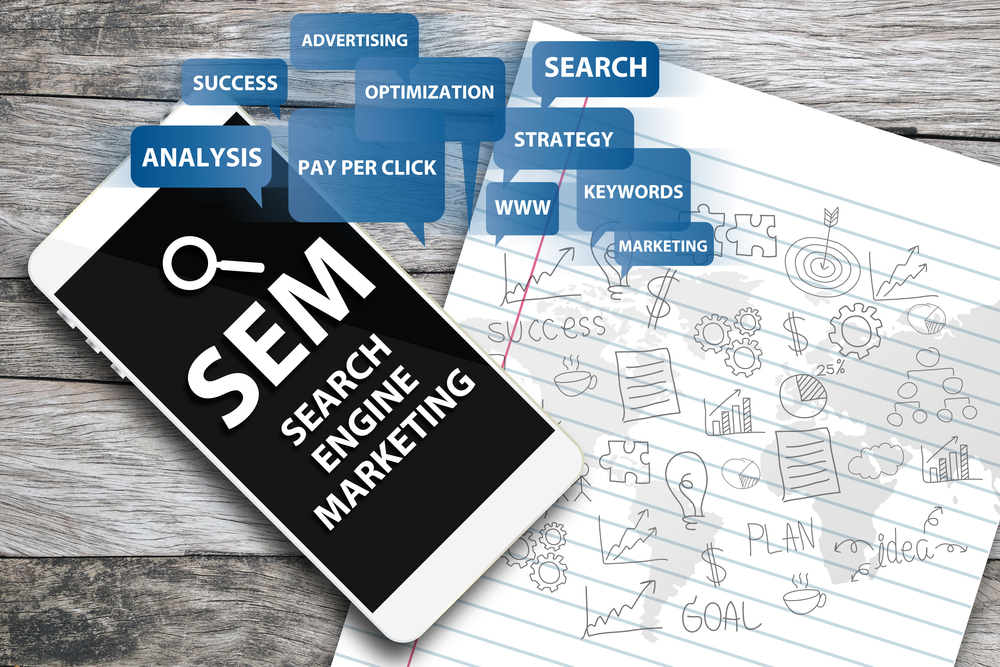Search engine marketing can be difficult to execute if you aren’t a specialist. Here are some pro tips to consider from one of our in-house experts.
Keyword categories
Broad, more general keywords have the highest number of searches, but also typically have lower levels of conversion. People who search for these are typically at the beginning of the research stage and aren’t ready to buy. Searchers who input long-tail, more specific keywords know what they want. There is usually lower search volume for these keywords but higher conversion rates. A good search campaign has a blend of both.
Should you be bidding on your own company name?
Are competitors bidding on our name? If you search for your company and your competitor’s SEM ad shows up, you should consider bidding on your own name and even on theirs as well.
Google Adwords Preview Tool
It’s tempting to look for your ad on Google, but if you repeatedly search for your own business without clicking your ad, you may stop seeing it after a while. That’s because Google’s system recognizes your computer and stops showing ads that it thinks you aren’t interested in. The Ad Preview & Diagnosis tool can help you view your ads the way your customers will see them on Google and allows you to see the exact same results as a Google search without affecting your ad performance. Plus, Google doesn’t count views from the Ad Preview & Diagnosis tool, so you’ll have more accurate view numbers in your AdWords Express dashboard.
Impression Share
You want to monitor your impression share to ensure it isn’t too low, because campaign performance can suffer if you don’t have visibility. 50 to 95 percent impression share is the sweet spot. Try reducing your campaign to fewer keywords and geographies if your budget won’t get you there.
Want more information on SEM and how you can utilize it to increase conversions? Download our ebook: SEM Unwrapped.

